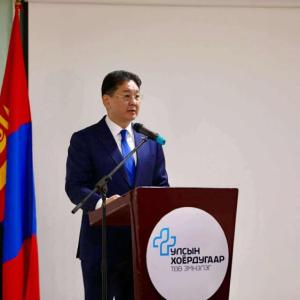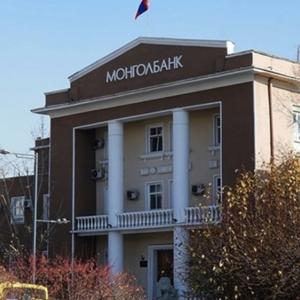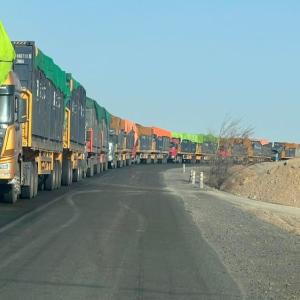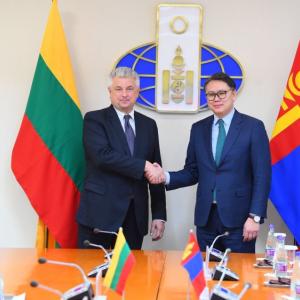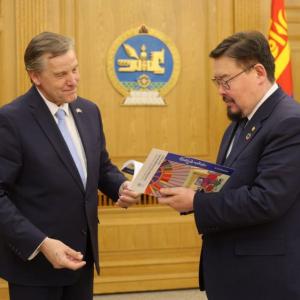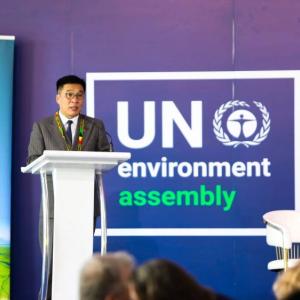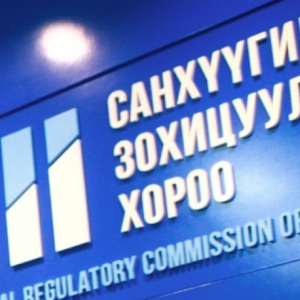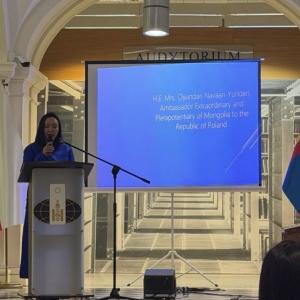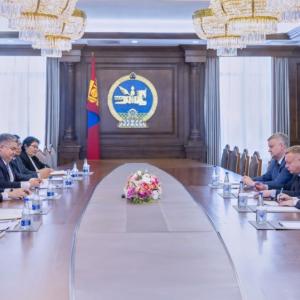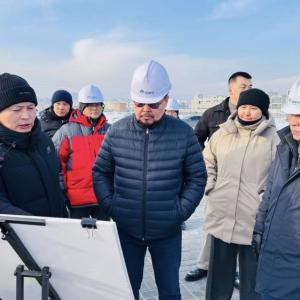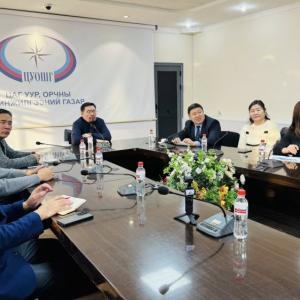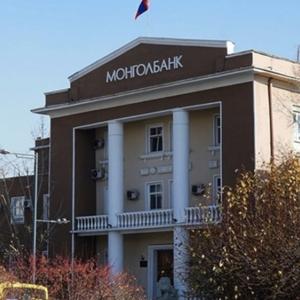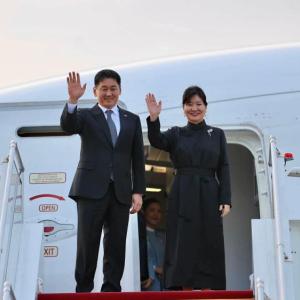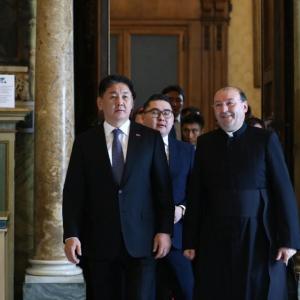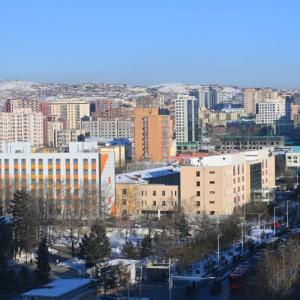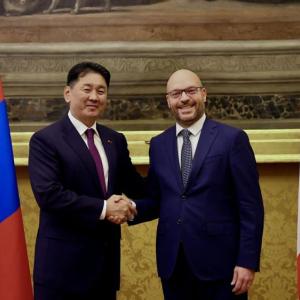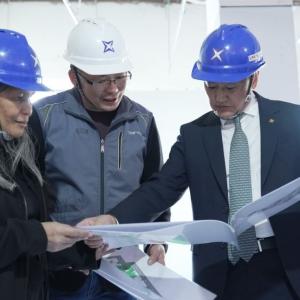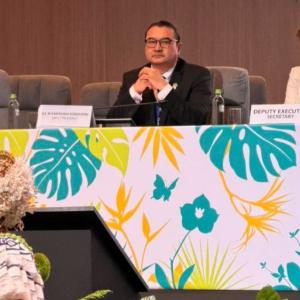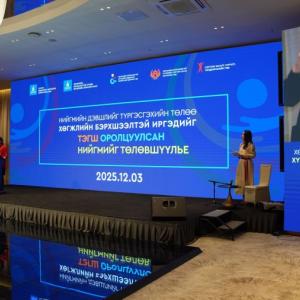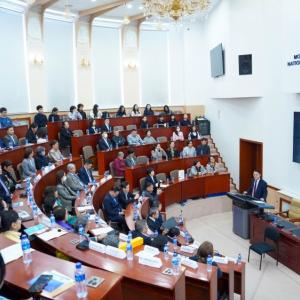U.Khurelsukh: Mongolia will reduce greenhouse gas emissions by 22.7 percent by 2030
映像Ahead of the
Mongolian Economic Forum 2022, discussions are taking place on six main topics
for the ‘New Revival Policy’ being implemented by the Government of Mongolia.
Today, March
29, a two-day forum ‘Green Finance Regional Forum’ has started at State House.
Over the past 170
years, global surface temperatures have risen by 1.09 percent, and many
biological species are becoming extinct. Despite emitting 0.1 percent of
the world's greenhouse gas emissions, Mongolia is one of the countries that are
the most affected by climate change.
Specifically, climate
change has intensified over the past 80 years in Mongolia, with the average air
temperature increasing by 2.25 degrees, which is twice the global average. In
Mongolia, 76.9 percent or 120 million hectares of the total territory is
affected by desertification, and half of the total area is classified as
severely desertified.
Compared to 1990, the number of climate
change-related natural disasters has tripled in Mongolia in the last decade.
66 countries in the world have pledged to
reduce their greenhouse gas emissions to zero by 2050. In the document dated
2016, Mongolia set a goal to reduce its greenhouse gas emissions by 22.7
percent by 2030. During the UN Climate Change Conference 2021 held in Glasgow,
UK, Mongolia announced that it is possible to increase the target level to 27.2
percent by introducing advanced technology and innovation and increasing green
financing.
With aims to increase renewable energy and
further improve the energy supply in Northeast Asia, Mongolia supports the Asia
Super Grid Initiative and is cooperating with countries in the region using
abundant solar and wind resources.
Experts consider that the One Billion Trees
movement will have a significant impact on reducing dust storms that are
causing ecological and health threats not only in Asia but also in the
Americas.
The movement will have multiple socio-economic benefits such as
creation of jobs, reduction of poverty, improvement of food supply, increased
production of seedling, fertilizers and pesticides as well as others. Mongolia
made a decision to allocate at least one percent of its GDP each year for
combating desertification.
The Office of
the President of Mongolia, Ministry of Environment and Tourism, and the
Mongolian Sustainable Finance Association are organizing the forum, with
support from the Ministry of Finance, Bank of Mongolia, Financial Regulatory
Commission, Mongolian Bankers Association, International Finance Corporation,
United Nations Development Programme, European Bank for Reconstruction and
Development, and MONTSAME Agency.
 Ulaanbaatar
Ulaanbaatar






